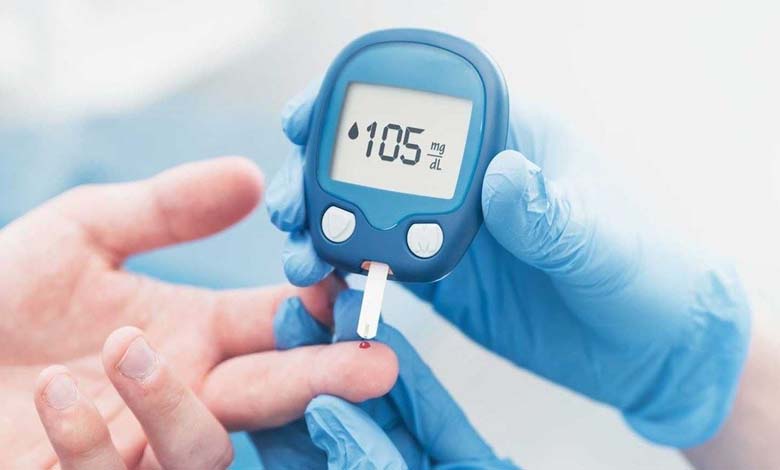A “shocking” relationship between diabetes and cancer revealed

A new study has shown that there is a chemical associated with uncontrolled diabetes that could increase the risk of cancer, according to a new study that could help people predisposed to cancer manage their diet.
The study challenges a long-standing theory regarding some “anti-cancer” genes, this theory known as the “two-hit Knudson model” suggests that genes that prevent cancer in human cells must be permanently disabled before cancer begins to grow.
However, the latest research suggests that a chemical called methylglyoxal, produced when the body breaks down glucose to produce energy, could disable these protective genes.
This means that recurrent episodes of uncontrolled diabetes or poor diet over long periods can accumulate over time to increase the risk of cancer.
Energy and cancer
Dr. Lee Ren Kong, one of the authors of the study from the National University of Singapore, said, “We started the study with the aim of understanding the factors that increase the risk of cancer in families at risk of cancer, but we discovered a deeper mechanism that links the pathway of basic energy consumption to cancer evolution.”
The researchers found that changes in glucose metabolism in human breast tissues grown in the laboratory increased the risk of cancer by temporarily disabling a gene called BRCA2 that protects humans from tumors.
They also showed that cells from people at risk of breast or ovarian cancer, as they inherited a faulty copy of BRCA2, were sensitive to methylglyoxal.
The researchers said this chemical could cause changes in DNA, acting as early signs of cancer development.
Scientists also studied people who did not have a faulty copy of BRCA2 but were still exposed to higher than normal levels of methylglyoxal, such as diabetic patients.
The study found that these patients, who typically have excessive secretion of methylglyoxal due to obesity or poor diet, showed similar signs indicating an increased risk of cancer.












